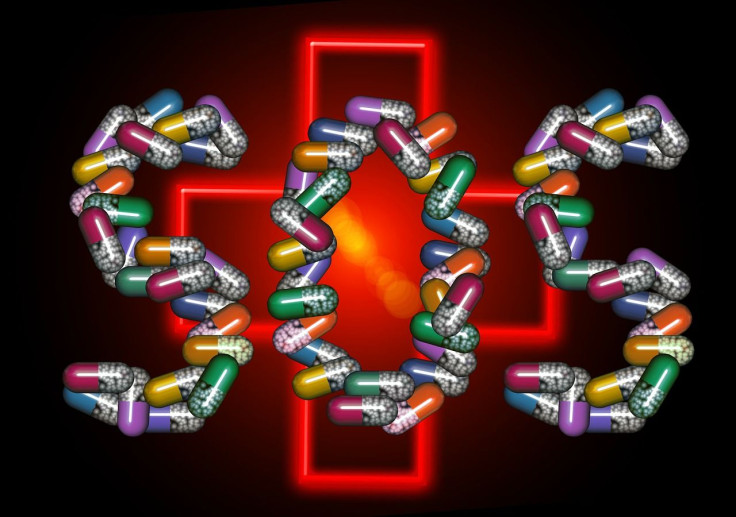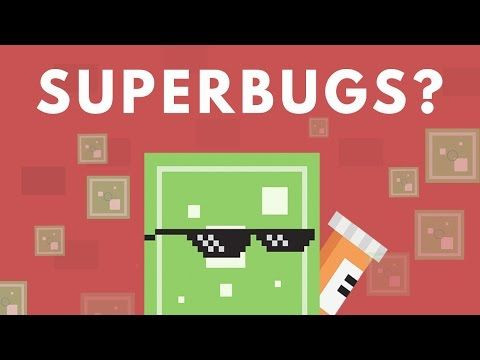Bacterial Resistance: Shocking Discovery On What Could Be Causing This Phenomenon

Triclosan, the controversial antimicrobial agent linked to a weakening of the immune system while boosting the chance of developing allergies, asthma and eczema in children, is again at the center of unwanted medical attention.
This time, this powerful antibacterial drug will finally be banned in 2020 from liquid soaps because companies that use it as an ingredient couldn’t prove it more effective than regular soap and water at preventing disease. Triclosan is still allowed as an ingredient in other personal hygiene products, however.
But the most serious adverse health effect of triclosan that worries the U.S. Food and Drug Administration (FDA) is that its wanton and unregulated use in consumer products will spread antimicrobial resistance (AMR) and abet the rise of superbugs immune to most antibiotics.
AMR is the ability of a microbe to resist the effects of medicines that once could successfully combat it. Resistant microbes become more difficult to treat and demand alternative medications or higher doses of antimicrobials.
A new study suggests concerns about triclosan’s impact on bacterial resistance to antibiotics are well-founded. Researchers exposed bacteria to triclosan before administering antibiotics to find out if AMR to antibiotics would increase.
AMR did and quite dramatically.
The study showed one in 10 bacteria exposed to triclosan managed to survive antibiotics versus one in a million bacteria that weren’t exposed to triclosan. These results are dismaying.
The study explained this incongruity by pointing out a huge problem that has to be considered when people try to eradicate bacteria. This is that most treatments -- including triclosan – aren’t 100 percent effective.
Some bacteria will survive regardless of how much you use triclosan. These bacteria will pass on the mutation that allowed them to fight off antibiotics to succeeding generations. The result is stronger AMR among the new bacterial generations.
The study said there is much to learn about the benefits (if indeed there are any) of triclosan use, as well as the risks and unintended consequences of using triclosan and other antibacterial agents.
The FDA and other experts now recommend people use alcohol-based hand sanitizers or soap and water instead of powerful antibacterial agents such as triclosan.




























